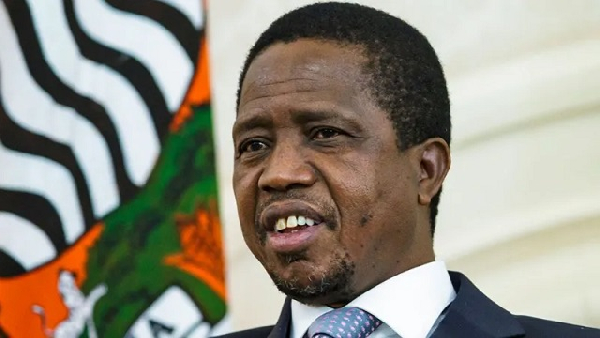AERC applauds government's ban on styrofoam imports
AERC has urged the government to extend the ban to cover other forms of plastics | File Photo
The Alliance for Empowering Rural Communities (AERC) has praised the government of Ghana for its decision to ban the importation and production of Styrofoam nationwide, describing the policy as a pivotal step toward safeguarding the environment and public health.
The announcement was made by President John Dramani Mahama during World Environment Day celebrations on June 5, 2025.
In a statement issued on June 9, 2025, AERC highlighted the severe ecological and health challenges caused by non-biodegradable plastics, particularly in urban centers like Accra, where blocked waterways, contaminated soils, and health risks from open-air waste burning have been prevalent.
"This historic policy marks a vital step forward in safeguarding our environment and public health. For years, improper waste disposal, particularly of non-biodegradable plastics, has caused severe ecological and health challenges across Ghana.
"Urban centers, especially Accra, have been disproportionately affected by these issues, experiencing blocked waterways, contaminated soils, and increased health risks from open-air burning of waste. The Styrofoam ban offers renewed hope for healthier, cleaner, and more resilient communities
nationwide," the statement said
While commending the focus on Styrofoam, AERC urged the government to extend the ban to other non-recyclable plastics, including Polyethylene Foam (PE Foam), PVC plastics, single-use plastic films and wraps, and non-recyclable food and beverage containers, which pose significant environmental threats due to their persistence and improper disposal.
To ensure the policy’s success, AERC recommended several measures including expanding the ban to cover all non-recyclable single-use plastics, developing clear enforcement guidelines with timelines and penalties, promoting eco-friendly alternatives through support for local industries, investing in modern waste management infrastructure, and launching nationwide public education campaigns to raise awareness about plastic pollution and sustainable practices.
AERC reaffirmed its commitment to collaborating with government agencies, civil society, traditional leaders, and the private sector to support the ban’s enforcement, emphasising the need for collective action to foster environmental stewardship and community health. The organisation envisions a cleaner, greener Ghana built from grassroots efforts.
The Alliance for Empowering Rural Communities is a non-governmental organisation dedicated to sustainable development and environmental protection in rural Ghana, working through education, policy advocacy, and community initiatives to improve livelihoods and preserve natural resources.
GA











:max_bytes(150000):strip_icc()/mickey-mouse-exclusive-22c61d7c67ad4a4e9259f1c2a0fb8fe1.jpg)
